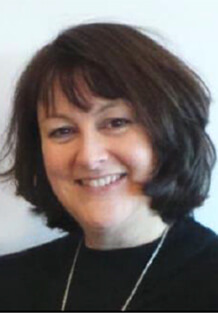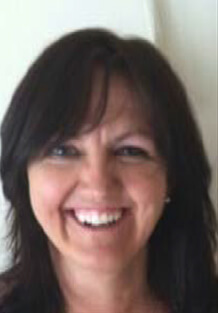Following a very successful inaugural HSE Clinical Directors Development programme, which finished early this year, a second programme will be launched on November 21, 2018, in the RCSI No. 26 York Street writes Caroline O’Regan, (Executive Development Specialist, RCSI Institute of Leadership), who with Tina Joyce is Director of the Programme.


Dr. Julie McCarthy, HSE Executive Sponsor, has described it thus.
“This is an exciting peer to peer formal education programme for Clinical Directors, consultants in significant leadership roles and those aspiring to undertake roles in the near future. The programme is funded by Mr. John Connaughton (Interim DG) and the Clinical Director Programme (which lies in the QID HSE under the direction of Dr. Philip Crowley and is delivered in collaboration with the RCSI Institute of Leadership,. It extends to acute hospital clinical leaders, national clinical leads and those in mental health services, providing a unique opportunity to gather senior clinical leaders together and provide a platform for networking across boundaries in an educational setting.”
Participants, programme sponsors and academic providers co-designed their programme outcomes, content, structure and learning methodologies.
Participants, programme sponsors and academic providers co-designed their programme outcomes, content, structure and learning methodologies.The approach is based on the principles of co-design following feedback from clinical directors’ leaders working front line. The aim of the programme is for Clinical and Executive Clinical Directors to enhance individual clinical leadership and management competencies while supporting strategic organisational development. The programme also supports the Irish health system reform agenda and the strategic recommendations of the Irish Government ‘ Sláintecare’ Report’ on future Health which will promote improved services and better patient outcomes”.
The programme, which will consist of nine days 3 x 3 day modules will run from November 2018 to March 2019 with thirty two participants. Programme inputs include HSE subject matter experts, psychometrics/coaching, case studies and action learning sets which we facilitated by hospital CEOs.
The objectives of a co-design programme was to ensure the leadership programme for Clinical Directors included the following:
1. Was tailored to meet specific learning needs of Executive Clinical Directors and Consultant leaders
2. Responded to current and emerging strategic changes in healthcare policy and service delivery
3. Supported personal and professional leadership practice and enhanced management skills
4. Enabled building relational capital (peer to peer) and strategic networks nationally
A programme evaluation carried out at the end of the first programme (April, 2018) reported a 100% satisfaction both with the programme and with a recommendation for their colleagues. A three month post programme evaluation was conducted by the HSE and the main findings were;
- Clinical Directors identified their greatest learning as gaining an insight into the world of senior executives – specifically understanding their mind-sets, how senior executives manage change and as leaders how they “get the job done”. The power of positive leadership approaches and theory was identified by the participants as helpful in enhancing their own leadership practice.
- Clinical Directors also stated that their greatest leadership stretch included “courage,” “self-belief,” and dealing with peer conflict “knowing that I will revert to being simply a consultant again.” The action learning sets provided the space for this critical reflection “adopting the learning set process to come up with complex solutions.”
- Clinical Directors reported that the greatest impact back at work were the following; “inclusive decision making” “confidence in my leadership role” “connections and networks and ‘understanding the limits of the organisation, locally and nationally”.
The overall results and findings support the consultative and co-design process. This meant that participants, programme sponsors and academic providers co-designed their programme outcomes, content, structure and learning methodologies. Specific contexts in which they were working prioritised their own learning, mapping them against a leadership competency development framework. The lessons from the evaluations also demonstrated that using a co-design enabled the creation of multifaceted programmes each with its own unique ‘signature.’ The competency framework, psychometrics assessments, and robust theoretical models provided rigour. Teams used action learning to model new ways of working.
The success of this leadership development programme is attributed to the co-design process by engaging participants and sponsors as adult learners and partners. It provided the programme directors with sufficient flexibility in meeting participants current and emerging development needs whilst ensuring a sound pedagogical underpinning. Co-design approaches to leadership development enable discovery of what really matters to consultants and clinical directors and their development and a similar approach will be adopted for the Second Clinical Directors Programme starting in November 2018.

